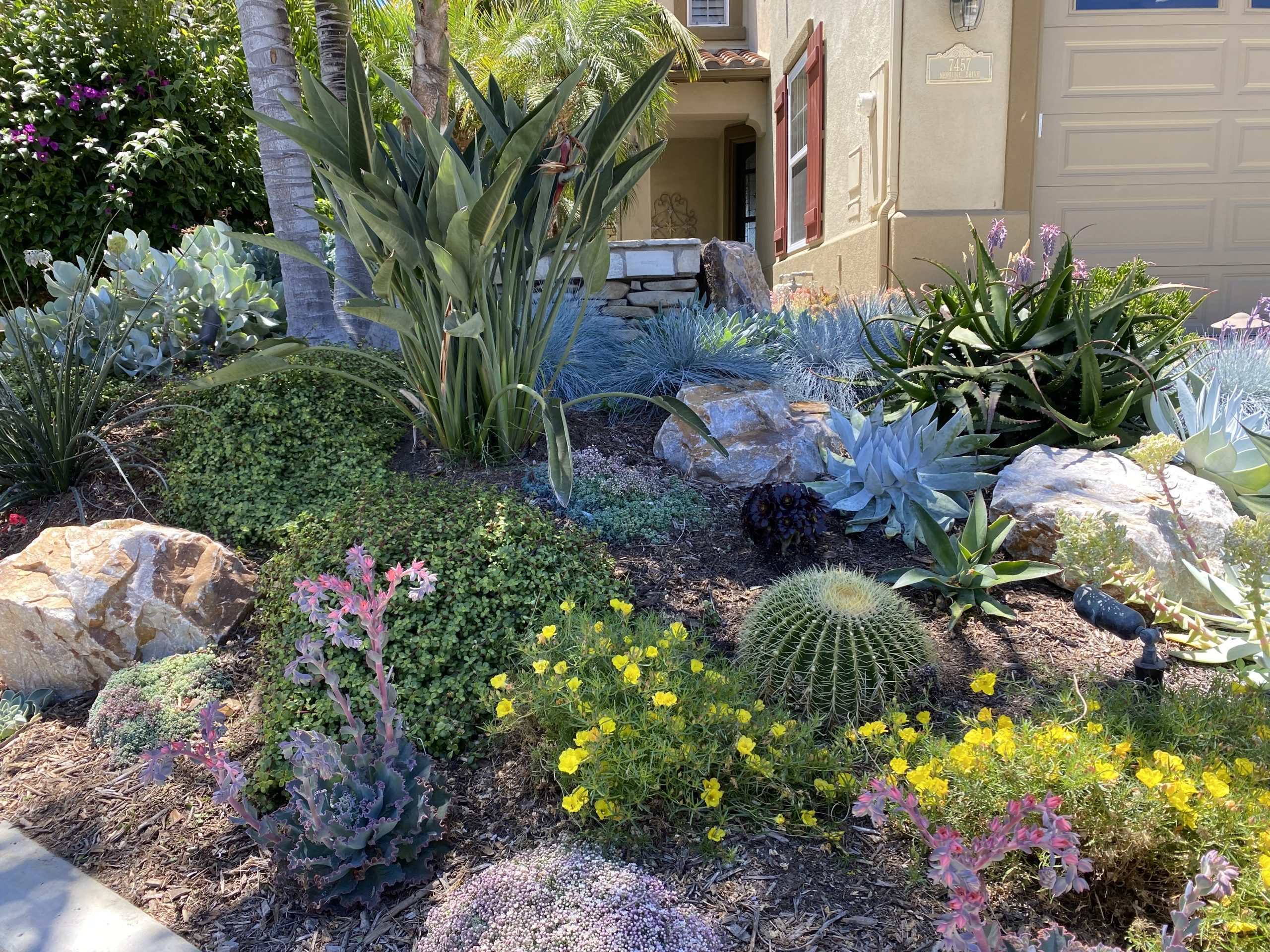- Gravel-heavy landscapes can worsen urban heat.
- Zero-plant yards eliminate vital ecosystem functions.
- Heat islands drive up both temperatures and water loss.
- Shade and mulch offer sustainable alternatives to bare rock.
- Utah promotes waterwise planting, not total lawn removal.
Wednesday, June 11, 2025 — As drought conditions persist across the Colorado River Basin, residents from Arizona to Wyoming are rethinking their landscapes to conserve water. The Utah Division of Water Resources offers excellent advice and a word of caution, urging homeowners not to confuse water-wise design with total plant removal.
offers excellent advice and a word of caution, urging homeowners not to confuse water-wise design with total plant removal.
Replacing grass with gravel may seem like a smart solution. However, rock-only “zeroscapes” are drawing criticism for inadvertently damaging urban ecosystems and intensifying the urban heat island effect — a phenomenon where built environments trap heat and raise local temperatures.
The Environmental Cost of Bare Rock.
According to a June 3, 2025 advisory from the Utah Division of Water Resources , about 60 percent of residential water use in Utah is dedicated to landscaping. While curbing this use is essential, experts warn against eliminating plants entirely. “Eliminating plants from a landscape creates a gap in the local ecosystem,” the Division noted, emphasizing the role of plants in cooling, carbon storage, erosion control, pollination, and mental health.
, about 60 percent of residential water use in Utah is dedicated to landscaping. While curbing this use is essential, experts warn against eliminating plants entirely. “Eliminating plants from a landscape creates a gap in the local ecosystem,” the Division noted, emphasizing the role of plants in cooling, carbon storage, erosion control, pollination, and mental health.
Plant-free yards may save water in the short term, but they miss these benefits in the long run. Worse, they contribute to a hotter, drier urban environment. In fact, Salt Lake City ranks among the top three cities in the United States most affected by the urban heat island effect, according to the Utah Climate Center.
Heat Islands and Hidden Water Loss.
Heat islands develop when surfaces like asphalt, concrete, and dark gravel absorb sunlight and release heat long after sunset. While this effect is well documented in major cities, it’s increasingly a concern in suburban neighborhoods and planned developments throughout the basin.
As temperatures rise, evaporation accelerates — not only from rock-heavy yards, but also from nearby plantings that now require more water to survive. The Utah Division of Water Resources explained it this way: “Even if a zeroscape is sipping less, nearby landscapes might be gulping more to survive.”
Smarter Solutions: Shade, Mulch, and Balance.
There are ways to conserve water without trading greenery for gravel. Trees, shrubs, vines, and ground cover provide shade and reduce surface temperatures. Through a natural process called evapotranspiration, these plants release moisture and function like nature’s air conditioners.
The Division also recommends alternatives to rock mulch. Shredded bark mulch, when applied in areas protected from wind and runoff, retains less heat and helps lock moisture into the soil. If rock is used, lighter colors are preferable to avoid heat absorption.
Waterwise, Not Waterless.
Utah’s approach favors smart design over full-scale lawn removal. Resources such as the state’s Waterwise Landscape Guide and Localscapes classes help homeowners build landscapes that are both beautiful and efficient. Projects that follow Localscape principles may even qualify for financial incentives, provided they include at least 50 percent plant coverage at maturity.
Simple recommendations include reducing lawn size to only what is used, installing drip irrigation, using efficient rotor systems for turf, and filling extra space with drought-tolerant plants.
For Colorado River Basin residents seeking to conserve water, Utah’s message is clear : balance is better than bare.
: balance is better than bare.

